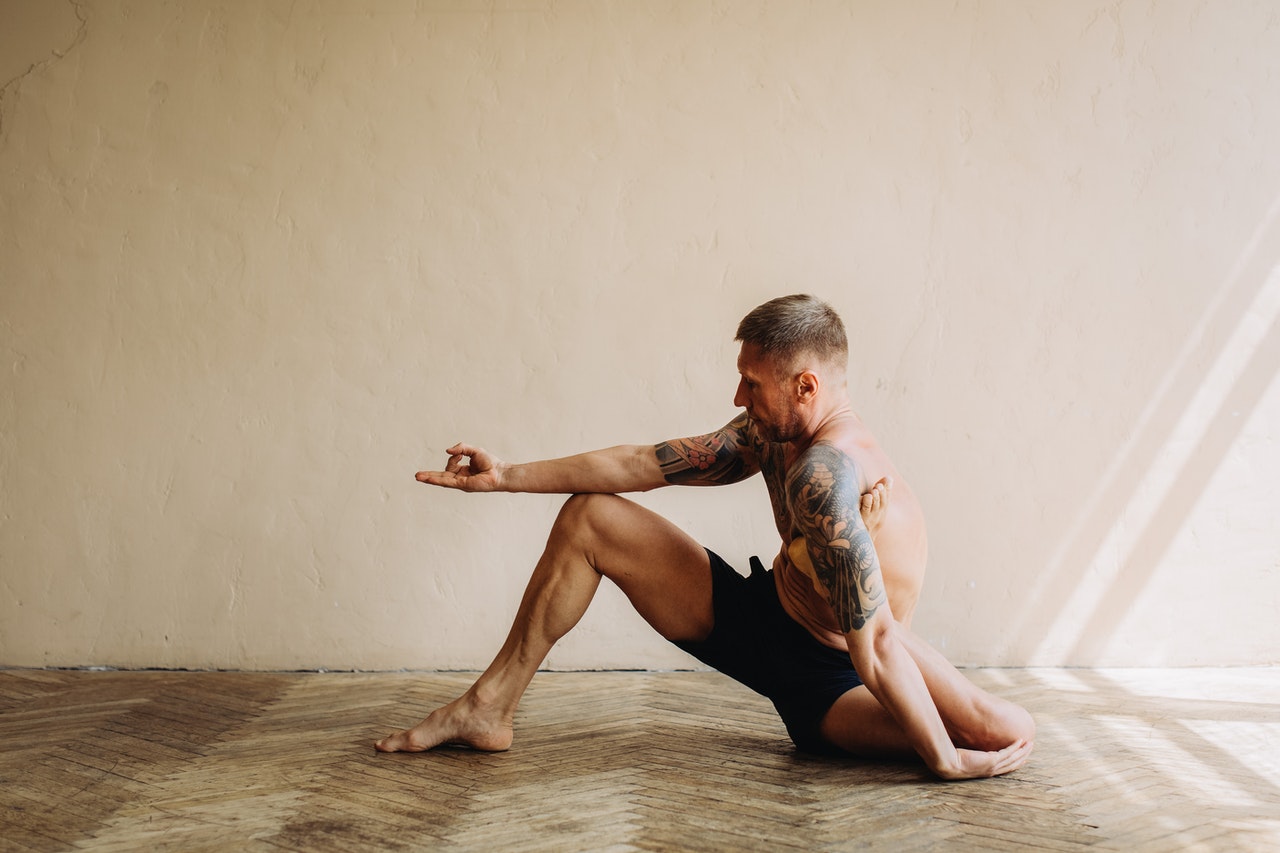Personal fitness and wellness have been a well-established research topic for the past twenty years. A documented record of the kids’ personal fitness and physical education activities will be included.
Physical fitness, disease prevention, stress management, diet, and safety are all factors to consider. Physical activity patterns are linked to the long-term preservation of cardiovascular health.
Classroom teaching is included in the Personal Fitness and Wellness course. Students will learn how to track and analyze their fitness levels, create their own personal fitness program, and maintain their desired fitness level. As well as laboratory tasks to teach exercise science and physiology cognitive ideas.
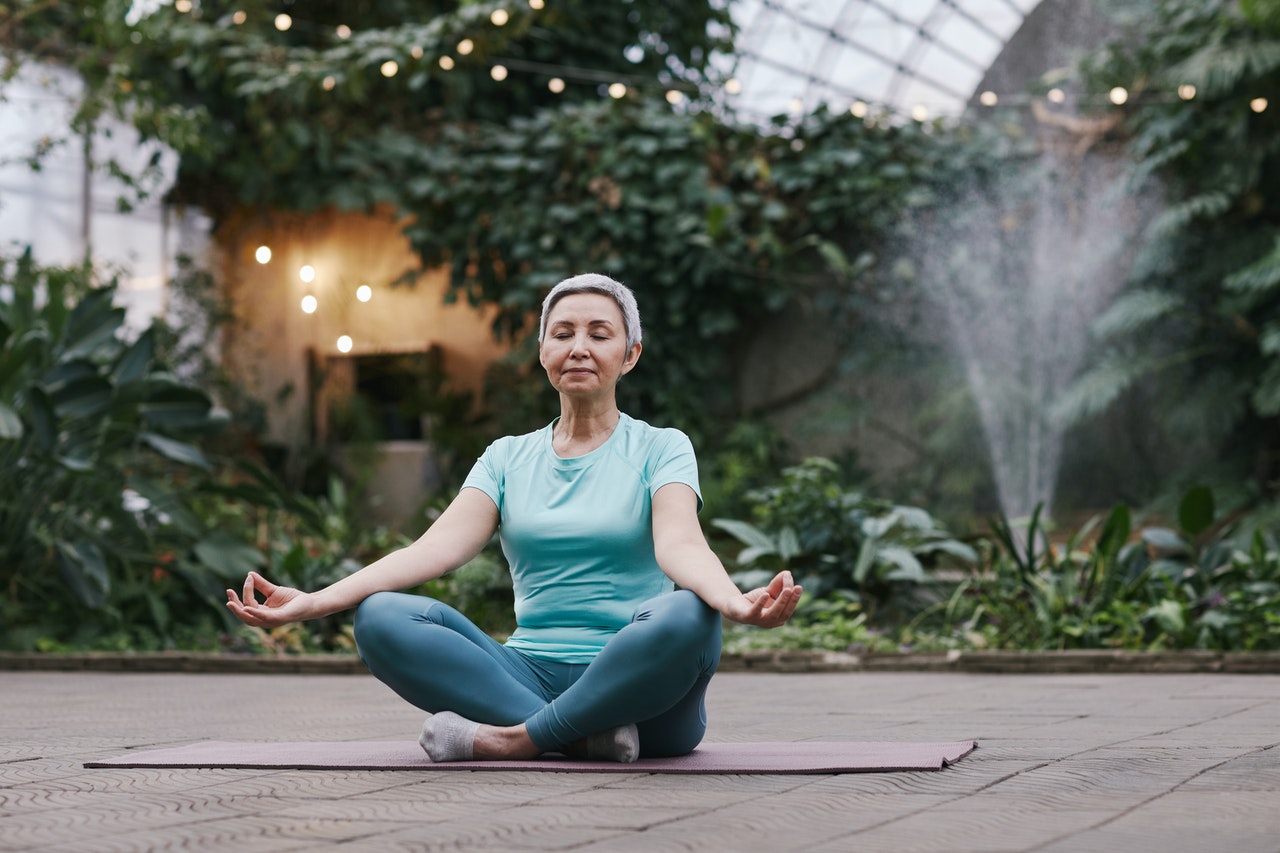
Each student will have the opportunity to expand their knowledge during the course. Individual personalities and attitudes are emphasized in order to actively engage pupils in their learning experience. It will show that all pupils can be physically active, healthy, and fit.
It will encourage pupils to comprehend the principles of health-related fitness and the significance of maintaining one’s health and fitness.
Personal Fitness and Its Importance:
Let’s have a conversation on personal fitness! We all desire to appear attractive.
We all want to be happy. Perhaps you participated in athletics, cheerleading, or gymnastics in high school. You were probably active enough as a child to keep fit, have energy, and have a positive attitude on life.
And while these things may come effortlessly and without effort for 1% of the population, they do not come readily to the rest of us. It’s simply not going to happen for the other 99 percent of us unless we make it happen. Between jobs, kids, pursuing further degrees, and caring for elderly parents, there’s a lot to juggle. Carving out time to care for ourselves can seem difficult.
And you may have spent some of your undergraduate years being incredibly active and fit.
But, all too often, actual life after school suffocates physical activity. Perhaps it pushes to the bottom of the list. Perhaps it dropped entirely from the list. However, as we age, taking care of ourselves becomes increasingly important for our health, longevity, and happiness.
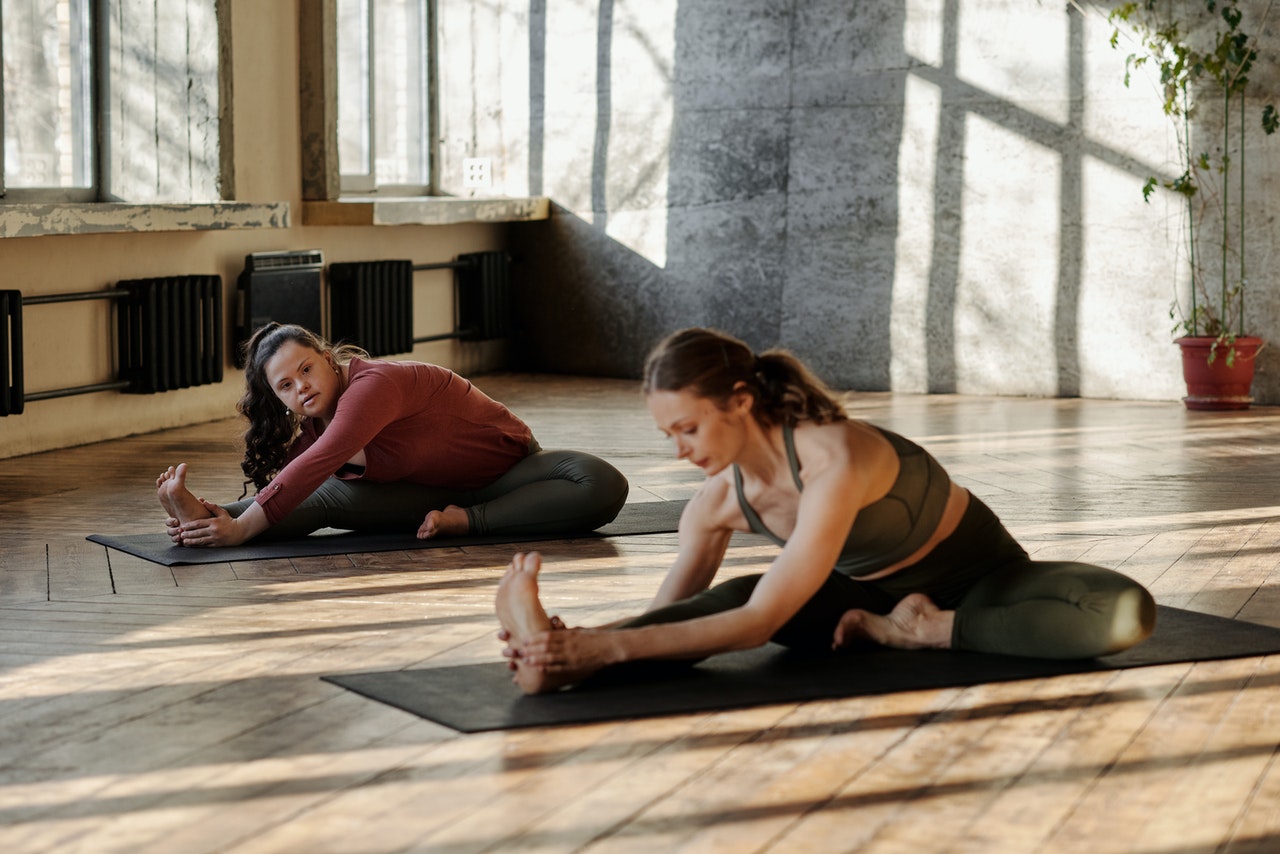
What Is The Definition Of Personal Fitness?
Personal fitness does not have a clear-cut, defined definition. Being healthy is something we frequently take for granted, and we don’t know how valuable it is until it’s no longer there. Because it is a subjective phrase, it represents diverse aims and needs in each individual.
Everyone has their own particular concept of personal fitness, which is flexible and develops over time as life does. If I were to characterize it, I’d say it’s simply having the ability and energy to do something. Our fitness, on the other hand, is crucial.
How to Fit Personal Fitness into Your Busy Schedule:
Exercise conjures up images of sweaty people lifting weights or sprinting on treadmills, but it actually covers a wide range of activities. Then you’ve most likely chased after your children, carried them to bed, played touch football with them, or swum with them.
Then you’ll have to decide whether to use the elevator or the stairs. Here are some suggestions for incorporating fitness into your daily routine:
Instead of taking the elevator, go up and down the staircase. Play with your kids for a couple of hours in the yard or at a park once or twice a week. There are, of course, more traditional methods of exercise, such as joining a gym or taking an exercise class. Instead of driving, walk to the pharmacy or library.
Every evening, take your dog for a half-hour walk. And in this article, we’ll discuss the various routes to personal fitness. Personal trainers and small group exercise, for example, as well as opposing personal training and fitness coaching or joining a gym. Here we see, the importance of diet in our fitness, and other topics.
Physical Advantages Of Maintaining A Healthy Weight:
The following are some of the physical advantages of staying fit as you become older:
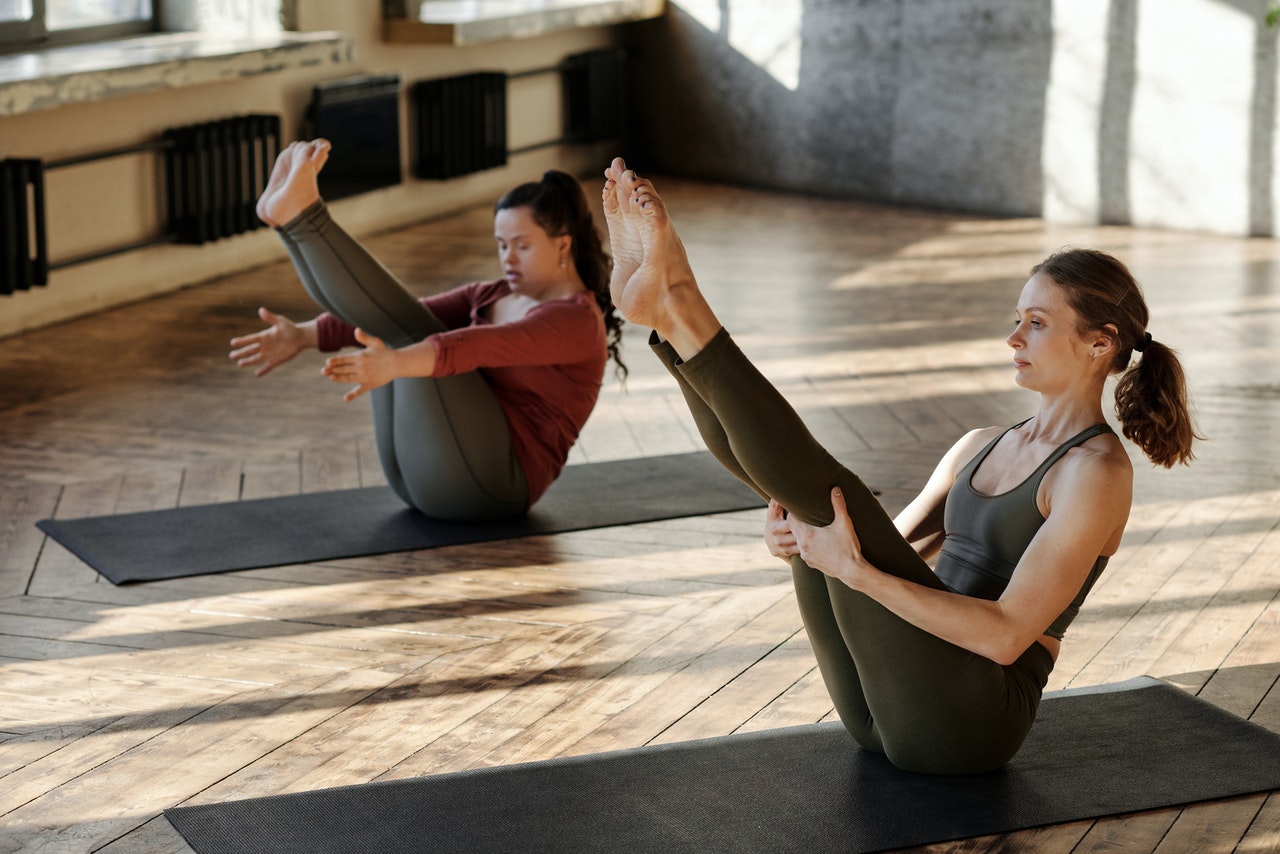
Controlling Your Weight:
Identifying the characteristics to look for in a personal trainer. Exercise is the way to go whether you want to lose weight or maintain your present weight. Exercise helps to maintain a healthy metabolism, which aids in weight loss.
Flexibility And Mobility:
Mobility, flexibility, and balance exercises will enhance strength, balance, and coordination, as well as reduce the risk of falls or accidents. This might cause serious balance issues, resulting in falls or injuries.
Weight training can help those with chronic diseases like arthritis, fibromyalgia, and chronic fatigue syndrome.
Chronic Illnesses:
Exercising also aids in the management of disorders like diabetes, which are exacerbated by fluctuations in glucose and glycogen levels. The more you can control your blood sugar, blood pressure, and heart rate, the better.
Immunity, digestion, bone density, and cognitive illnesses like Alzheimer’s and dementia have all been found to benefit from physical activity. The higher your chances of controlling these conditions are.
Staying Fit Has Mental Health Benefits:
Exercise has a number of great consequences on our emotional and psychological health in addition to our physical health.
Intelligence:
Exercise has been demonstrated to increase memory, creativity, and cognition, as well as having a powerful, favorable impact on disorders like dementia and Alzheimer’s. Physical activity’s relevance in terms of cognitive skills frequently ignored.
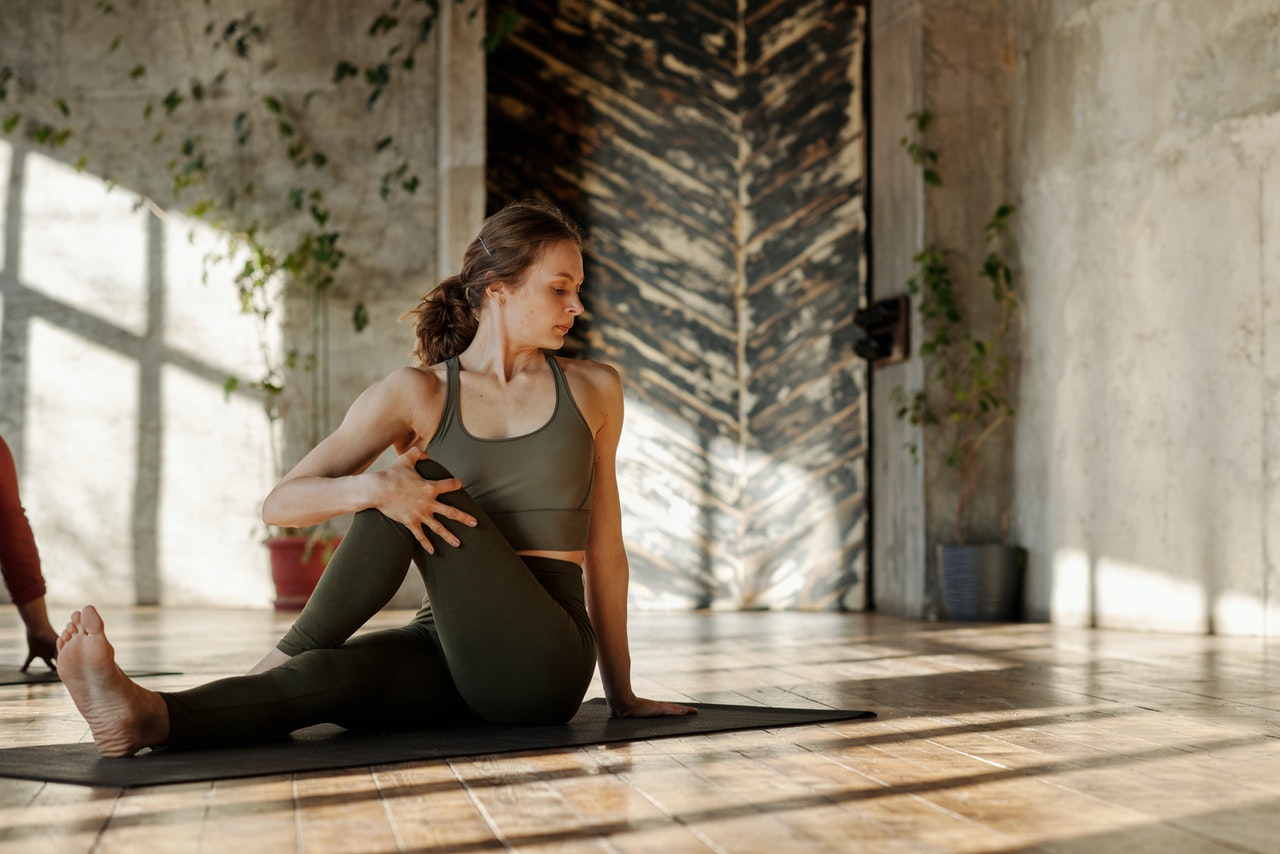
While there are a plethora of ways to keep our brains active and fit, such as crossword puzzles, reading tough material, and so on, there are also a plethora of ways to keep our brains active and fit.
Fitness training found to improve cognition and aerobic exercise shown to improve age-related cognitive skills in studies.
Sleep:
Regular physical exercise, especially early in the day, aids in the regulation and control of sleep quality. Getting a restful, complete night’s sleep is becoming increasingly challenging.
Our sleeping habits vary as we get older. Our energy, focus, mood, and cognitive capacities are all influenced by the amount and quality of sleep we get.
Mood:
Physical activity releases endorphins, which can improve our mood and self-esteem.
Stress, sadness, anxiety, and loneliness are all common causes of this. When dealing with melancholy and despair, low energy levels are a result.
It’s a fact that our cognitive ability and mental wellness can deteriorate as we become older.
Physical activity can help control emotional and cognitive difficulties by increasing energy levels.


